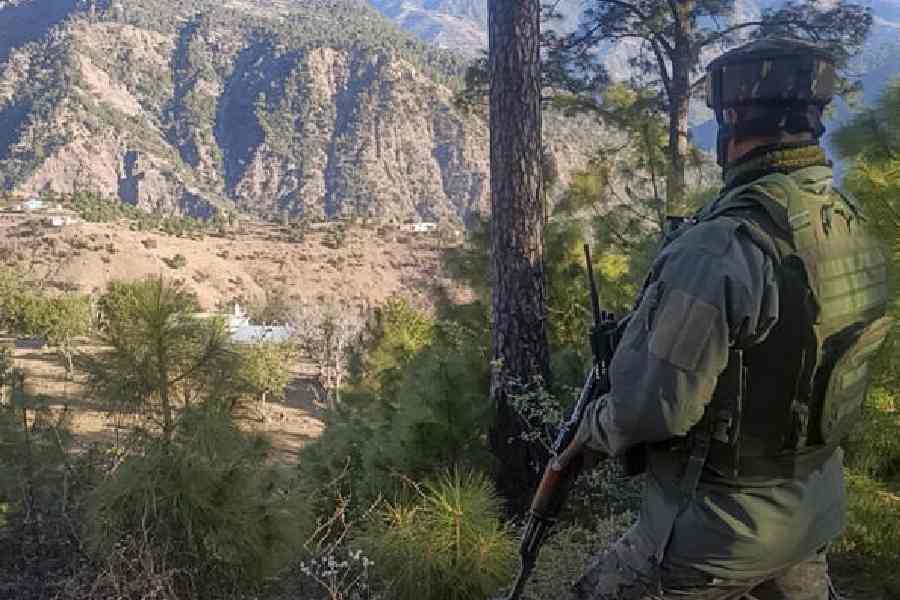 |
| Underprivileged children take part in a debate organised by members of Kartavya in Hatia last month |
A students’ outfit has proved that you just can’t keep a good idea down.
Kartavya, an NGO managed by students of National Institute of Foundry and Forge Technology (NIFFT), Hatia, teaches around a 100 slum children on its campus for free. And now, it will soon open centres to promote literacy among needy children near the campuses of IIM-R, Indian Institute of Coal Management (IICM), St Xavier’s College, Marwari College, Doranda College and others.
Groundwork for the yearlong campaign to promote volunteerism among the creamy layer of students to teach those who are less fortunate has already started. Kartavya has named this unique project Teach for Jharkhand.
Around 800 volunteers of the first Kartavya centre teach for free around 100 slum children. And now, they hope to replicate the success of the centre with the new hubs.
Student-volunteers of Kartavya (NIFFT) are already meeting B-school and college students. “Through this mission, we will be able to connect with at least 10 per cent of underprivileged children here and make them literate,” said Kartavya coordinator Sudhanshu Kumar.
Kumar added that preliminary talks with students were extremely encouraging. “B-school and college students want to make a difference in society but don’t get platforms. Here, we want to build a bigger platform for change. Educated youths will not just make poor children literate, they will also connect the kids to the social mainstream. We have spoken to IICM and IIM-R students who have shown their interest. We will hold a meeting on May 25 to give the initiative a final shape,” Kumar said.
He also stressed that before opening any teaching centre, volunteers must carry out a survey of the area and convince parents of a lower socio-economic strata to join the informal cradle.
“The survey will find out the number of children not attending school, the average income of parents and dropout rates. Then, children will be shortlisted and admitted to the centres,” Kumar said, adding that at least 20 slum children must join one centre.
“Classes will be held every evening for two hours,” Kumar said. “And we will bank on good word-of-mouth publicity so that more children join us,” he smiled.
Many poor homes don’t realise the value of education. “That’s where we step in and talk to parents. When children join us, when they start learning and enjoying the process, parents realise the difference for themselves,” he said.










